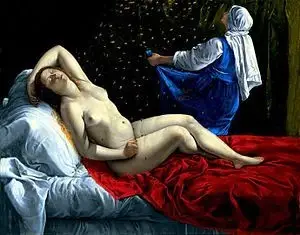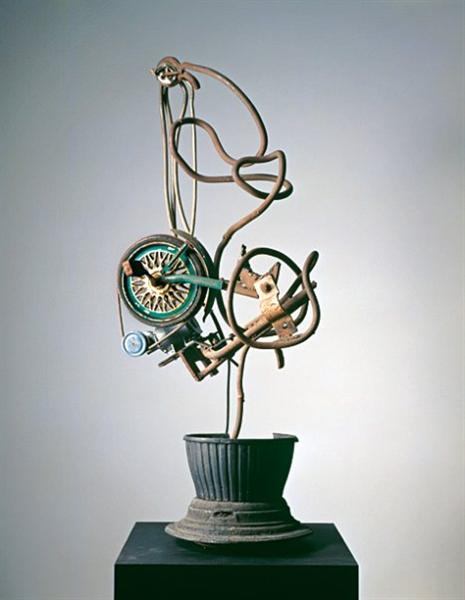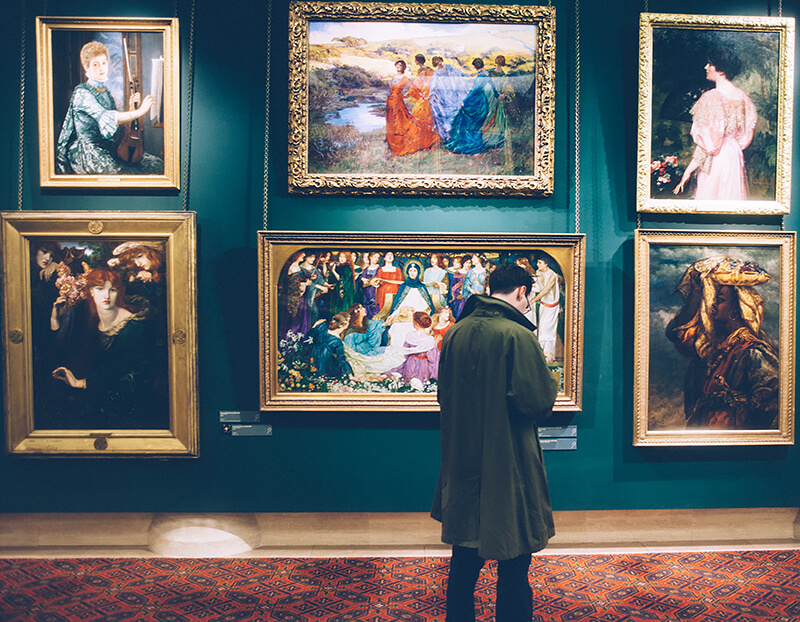Title of Artwork “Danae”

Artwork by Artemisia Gentileschi
Year Created 1612
Summary of Danae by Artemisia Gentileschi
Acrisius of Argos, her father in the Greek tale of Danae, imprisons a young lady in her bed-chamber. An oracle had prophesied that if she became pregnant, her child would be the one to kill Argos. When Zeus, the God of Thunder, turned into an avalanche of gold and tried to conceive her, he was unsuccessful. Gentileschi captures that exact moment in this painting. Danae had Perseus as a son, and he went on to fulfil the prophecy.
All About Danae by Artemisia Gentileschi
Danae had long been a popular subject for painters, such as Titian and Tintoretto, who had both painted her. They either painted her as innocent and devout or as promiscuous and self-centred, gladly taking the money. Gentileschi makes use of some of these tropes in her writing, such as the servant snatching up the gold in the background, but she subverts them. A culmination is being experienced by Danae, played by Gentileschi, yet she isn’t hostile or ignorant about it. Art historians Keith Christiansen and Judith W. Mann believe that “the painting depicts the sexually aroused Danae” while others disagree. On the other hand, some people believe that “Danae’s fist, the coins pushed between the clenched fingers, also becomes a metaphor for sexual embrace” because of the coins shoved between her clenched fingers. Professor Jeanne Morgan Zarucchi, on the other hand, believes that this picture depicts Zeus enforcing his will on Danae despite her protests. This is in keeping with Gentileschi’s early writings, which were semi-autobiographical and often dealt with sexual assault.
However, in the late 1990s, the painting’s authorship was reexamined because of the painting’s striking resemblance to Artemisia’s Cleopatra (1621), which was created 10 years later. Danae’s naked skin contrasts sharply with Artemisia’s use of rich colours, delicate flesh tones, and textural elements, especially in the red sheet.























